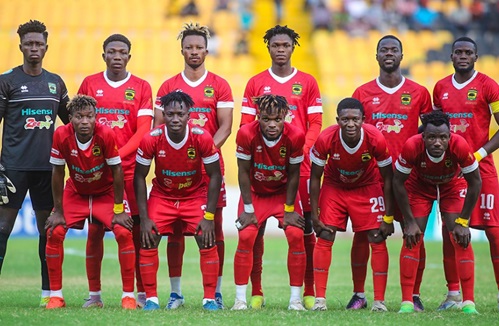South Korea’s daily count of COVID-19 cases has surpassed 7,000 for the first time, with experts attributing the record jump to waning immunity among older people.
The Korea Disease Control and Prevention Agency (KCDA) reported 7,175 new cases on Wednesday, 2,221 more than the previous day.
It said infections were rising particularly among older adults who had “suffered a drop in vaccine efficacy, and children who have yet to receive their first doses”, according to the Yonhap news agency.
The number of critically ill patients also reached an all-time high of 840, up from 66 the previous day.
The increase in infections and severe cases comes after the government began easing COVID-19 restrictions under a so-called “Living with COVID-19” policy in November. Most of the cases are being reported in the greater Seoul region, home to half of the country’s 51.7 million people.
“Last week, the level of daily increase reached 5,000 and today the tally came out over 7,000 – the viral spread has been fierce,” Prime Minister Kim Boo-kyum said during a government meeting on COVID-19.
“In the capital area, where 80 percent of total cases are reported, we continue to add hospital beds with active cooperation from the medical community, but still it is tough to catch up with the pace of rising virus cases,” he added.
The Yonhap news agency said more than 78.7 percent of beds in intensive care units at hospitals around the country are now occupied. In the capital region, the figure was 84.5 percent.
Kim said the government will mobilise additional personnel to oversee coronavirus patients treating themselves at home and improve the emergency transfer system to hospitals for those who develop severe symptoms.
The quarantine period for those living with COVID-19 patients at home will also be reduced from 10 to seven days, he said.
The prime minister went on to urge the elderly to get booster shots, noting that people aged 60 and above accounted for 35 percent of infections and 84 percent of severe cases.
He also urged adolescents to get vaccinated.
Waning immunity
South Korea has one of the highest vaccination rates in the world, having inoculated some 91.8 percent of its adult population. Dr Alice Tan, from MizMedi Women’s Hospital in Seoul, said authorities in the country thought the high vaccination rates would keep the virus at bay when they began opening up the country in November.
“We lifted many restrictions, including allowing visitations to long term care facilities, convalescent hospitals and nursing homes. Unfortunately, we did not take into account the amount of waning of immunity that had occurred, especially in people older than 60 years,” she told Al Jazeera.
Most of South Korea’s elderly received their first doses in February and March.
“With measures lifted, there was an increase in community transmission, which we expected, but unfortunately, there was also a huge spike in breakthrough infections, especially in people aged 60 and above. And that’s what’s caused a huge increase in the number of hospital admissions,” Tan said.
In a bid to contain the virus’s spread, health officials reimposed some curbs on Monday, including banning private social gatherings of seven or more people in the greater Seoul area and requiring adults to verify their vaccination status at restaurants, cinemas, museums and other indoor venues.
South Korea has also tightened its borders to fend off the new Omicron variant since identifying its first cases last week some of which were linked to arrivals from Nigeria. The KDCA said health workers confirmed two new Omicron cases on Wednesday, bringing the tally to 38.
While the emergence of Omicron has triggered global alarm and pushed governments around the world to tighten their borders, scientists say it remains unclear whether the new variant is more contagious, more likely to evade the protection provided by vaccines or more likely to cause serious illnesses than previous versions of the virus.
Tan told Al Jazeera she is concerned about the spread of the Omicron variant in South Korea.
“The Omicron variant is in the community in South Korea and my biggest concern is if we see huge increases in cases that inevitably always leads to cases in hospitalisations, even if the disease is less severe,” she said. “And right now, our hospitals are full, we cannot afford to have a surge in COVID-19 on top of what we are seeing.”
South Korea is currently requiring all passengers arriving from abroad to quarantine for at least 10 days, regardless of their nationality or vaccination status.
The country has banned short-term foreign travellers arriving from nine African nations, including South Africa and Nigeria.
It has recorded a total of 489,484 cases since the start of the pandemic and 4,020 deaths.
Source: aljazeera







